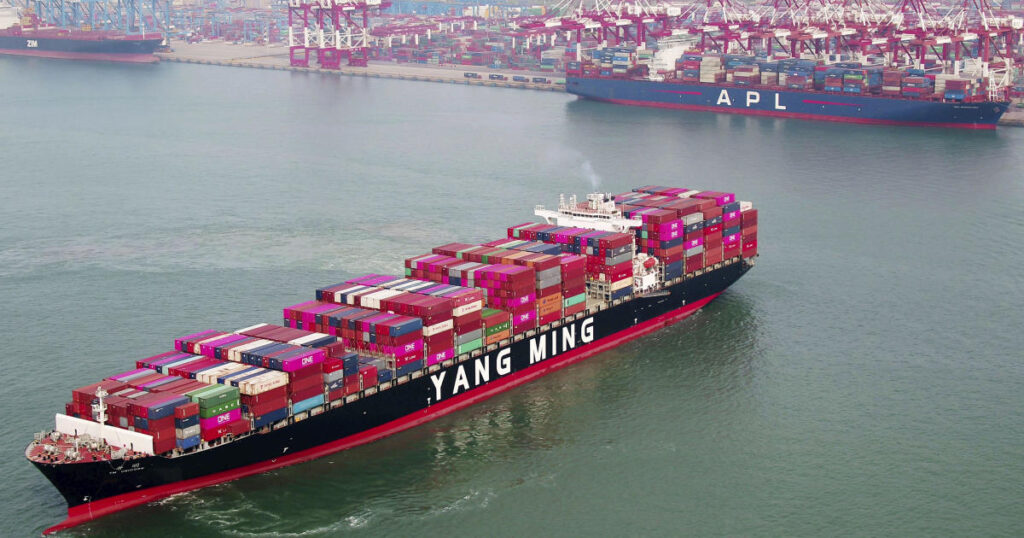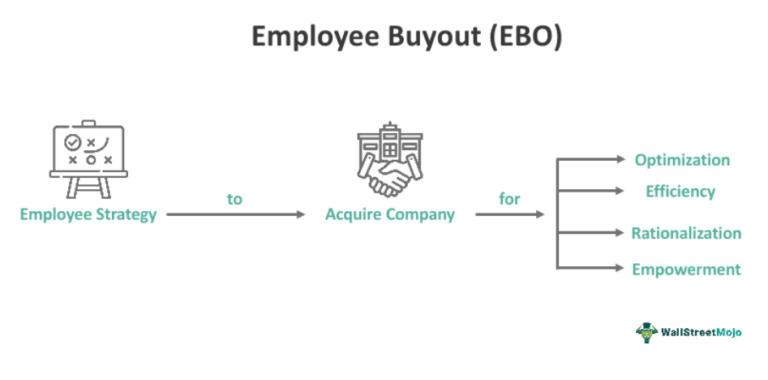
A container ship sails off the dockyard in Qingdao in eastern China's Shandong province Wednesday, May 8, 2019. China's exports fell unexpectedly in April, adding to pressure on Beijing ahead of negotiations on ending a tariff war with Washington over Chinese technology ambitions. (Chinatopix Via AP)
Audience
- Sentiment: Neutral
- Political Group: Conservative
- Age Group: Teenagers and Young Adults
- Gender: All Genders
Overview
- Trump’s decision to temporarily suspend tariffs on small packages from China aims to ease consumer concerns over increased costs.
- The United States Postal Service initially announced a halt on accepting packages from China, causing confusion among online shoppers.
- The administration’s tariff policy is complex, potentially leading to reciprocal tariffs and impacting international trade relations.
The Tariff Tango: Understanding Trump’s Decision to Suspend Tariffs on Small Packages from China
In the world of international trade, tariffs are like extra fees that governments add to imported goods. When President Donald Trump made headlines by temporarily suspending tariffs on small packages coming from China, it stirred quite a bit of discussion. Let’s dive deeper into what all of this means, why it happened, and how it might affect us as consumers, especially if you enjoy shopping on platforms like Shein and Temu.
What Are Tariffs and Why Do They Matter?
Before we unpack Trump’s decision, let’s clarify what tariffs actually are. Picture a big store in your town; it sells toys, clothes, and gadgets. Now, imagine that the local government decides to add a special fee on all toys imported from another country. This fee is the tariff.
Governments use tariffs for various reasons, but mainly to protect local businesses from foreign competition and to collect revenue. If a toy from China costs $10 plus a $2 tariff, it now costs $12. That might make people think twice about purchasing the foreign toy and instead opt for a locally made one. Tariffs can be controversial because they sometimes lead to higher prices for consumers.
A Quick Recap of Trump’s Tariff Policy
During Donald Trump’s presidency, he introduced tariffs as part of his broader “America First” policy. This was an attempt to revive American manufacturing and make local products more attractive to buyers. However, the tariffs led to mixed reactions. Some people supported Trump’s efforts to protect American jobs, while others were concerned that these extra fees would raise prices for everyday items.
In the October 2023 announcement, Trump added a new layer of complexity to his tariff policy. Originally, an order was made to end duty-free treatment for items valued under $800. This meant that any low-cost items, especially popular online purchases from China, would now have a tariff applied to them. Can you imagine if the cool sneakers you were eyeing suddenly cost more because of an extra fee? That’s what many consumers feared.
The Confusion and Quick Reversal
Just days after this new order, confusion spread like wildfire. The United States Postal Service (USPS), responsible for handling all sorts of mail and packages, announced that it would stop accepting packages from China. This left many online shoppers worried about their orders from platforms like Shein and Temu. These platforms are famous for offering a plethora of trendy, low-cost items, making shopping incredibly convenient for teenagers and young adults. They thrive on shipping small and affordable packages, so a sudden halt would mean fewer options for customers hoping to snag the latest fashion.
However, it didn’t take long for the USPS to flip its decision. Within just a day, the Postal Service announced that it would accept packages again from China. This quick change highlighted the uncertainties surrounding Trump’s tariff policy and caused people to wonder whether the government was truly prepared for such drastic changes to international shipping rules.
Why the Suspended Tariffs?
So why did Trump suspend the tariffs on small packages? The decision appears to be a strategic one. With the confusion in the air and consumers heavily relying on affordable shipments for their shopping habits, it was crucial to address these issues quickly. The suspension is set to last until an updated system could be established for processing tariff revenues. Essentially, the government needed time to figure out how to efficiently handle these fees while keeping international trade flowing smoothly.
The Bigger Picture: Reciprocal Tariffs
Trump also hinted at the introduction of “reciprocal tariffs.” When countries trade, they often charge different tariffs depending on the goods exchanged. Reciprocal tariffs would mean that if a country charges high tariffs on American goods, the U.S. could respond with the same measure on goods coming from that country. This approach could affect a wide variety of products and could create tension in international relations. If countries retaliate, it may lead to a full-blown trade war, and that’s something nobody wants. Trade wars can drive up prices for everyone and create shortages of goods.
The Biden Administration’s Goals
On the other side of the political divide, the Biden administration has been strategizing to tighten the rules regarding imports. The idea is to help American businesses compete better in the global market while ensuring that no illegal shipments slip through. This is particularly important given the recent surge in low-value imports, many of which may raise concerns about quality or legality.
As shoppers, this tightening could mean that we would be seeing more rules around what can be bought online and what fees we might face in the future. Imagine scrolling through your favorite shopping app, only to see new restrictions on items you can order from foreign sellers. It raises questions about how shopping patterns will shift and whether consumers will face higher costs.
Impact on Real Consumers
Let’s put everything into context – how does this all affect you, the typical 9th grader who just wants to buy a stylish outfit or a gadget online? Here’s what to consider:
- Increased Costs: If tariffs are reinstated and applied to low-cost shipments from China, you might have to pay extra for items you were previously able to buy without additional fees. That could make your usual shopping trips more expensive or make you rethink your purchases.
- Shopping Availability: Retailers that rely on expedited delivery from abroad may struggle to maintain their offerings. If a site can’t ship to you reliably because of tariffs, you might have to look for alternatives closer to home, which may not always provide the same cool products.
- Market Changes: As the rules around foreign and domestic items change, you may find different products available to you. Some businesses may go under if they can’t compete with international prices, while others might thrive.
- Political Awareness: As you grow older, these decisions will directly impact your wallet and your shopping habits. Being aware of how political decisions affect your lifestyle is essential. Understanding these issues might inspire you to learn more about politics and economics and get involved.
Final Thoughts
In conclusion, the temporary suspension of tariffs on small packages from China is a reflection of the complex world of trade and politics. For many consumers, especially young shoppers, it’s vital to stay informed and understand how such decisions can impact your daily life. It’s like a game of chess, where each movement can lead to significant changes in the marketplace.
As we navigate these changing tides, one crucial question remains: How do you feel about the government’s role in regulating your shopping experiences? Do you think tariffs make sense to protect local jobs, or do they unfairly raise prices for consumers like us? I’d love to hear your thoughts! Share your opinions in the comments below!





